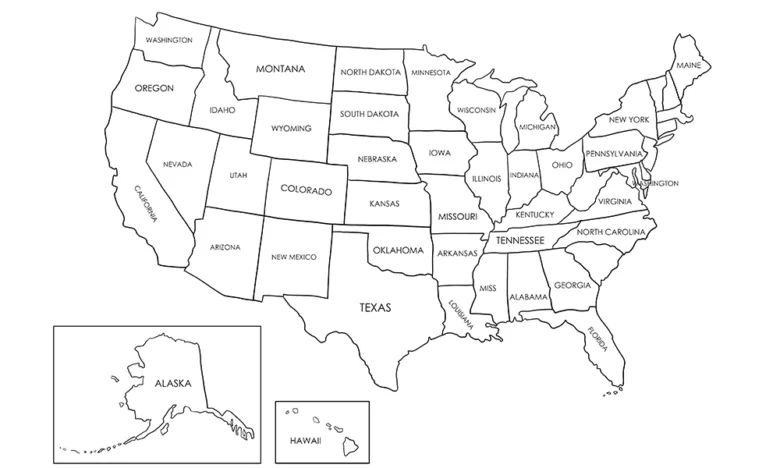
Perimenopause, the transition phase before menopause, brings a range of symptoms, one of which is frequent urination. If you find yourself making more trips to the bathroom than usual, you’re not alone. Understanding the causes and solutions can help you manage this symptom effectively and improve your quality of life.
Why Does Frequent Urination Happen During Perimenopause?
During perimenopause, estrogen levels fluctuate significantly. Estrogen helps maintain the bladder and urethra’s health. When estrogen levels drop, it can lead to thinning of the urethral and bladder tissues, causing irritation and increased urination.
Bladder Sensitivity:
Reduced estrogen can also make the bladder more sensitive. This increased sensitivity can result in more frequent urges to urinate, even if the bladder isn’t full.
Pelvic Floor Weakening:
The pelvic floor muscles support the bladder. As women age and approach menopause, these muscles can weaken, leading to less control over the bladder and more frequent urination.
Common Symptoms
- A sudden, strong urge to urinate
- Increased frequency of urination, especially at night (nocturia)
- Difficulty in holding urine
- Managing Frequent Urination
Lifestyle Adjustments:
- Hydration Management: Drink adequate fluids, but avoid drinking large amounts at once. Reduce intake of caffeinated and alcoholic beverages, as they can irritate the bladder.
- Bladder Training: Gradually increase the time between bathroom visits. This helps retrain the bladder to hold urine longer.
Dietary Changes:
- Avoid Bladder Irritants: Certain foods and drinks, such as spicy foods, citrus fruits, and carbonated drinks, can irritate the bladder. Monitor your diet to identify and reduce these triggers.
Pelvic Floor Exercises:
- Kegel Exercises: Strengthening the pelvic floor muscles can improve bladder control. Regular Kegel exercises can make a significant difference.
Medical Treatments:
- Hormone Therapy: Consult your healthcare provider about hormone replacement therapy (HRT) if hormonal changes are significantly affecting your quality of life.
- Medications: In some cases, medications to relax the bladder muscles or reduce urinary urgency can be prescribed.
If frequent urination is disrupting your daily life, causing distress, or accompanied by other symptoms like pain or blood in the urine, it’s essential to seek medical advice. There could be underlying conditions that need to be addressed.
Frequent urination during perimenopause can be challenging, but understanding the causes and exploring various management strategies can provide relief. You don’t have to navigate this alone.
Are you experiencing frequent urination and other perimenopausal symptoms? Let’s talk! Book a free 15-minute complementary call with me to discuss your concerns and find tailored solutions. Click here to schedule your call today.










